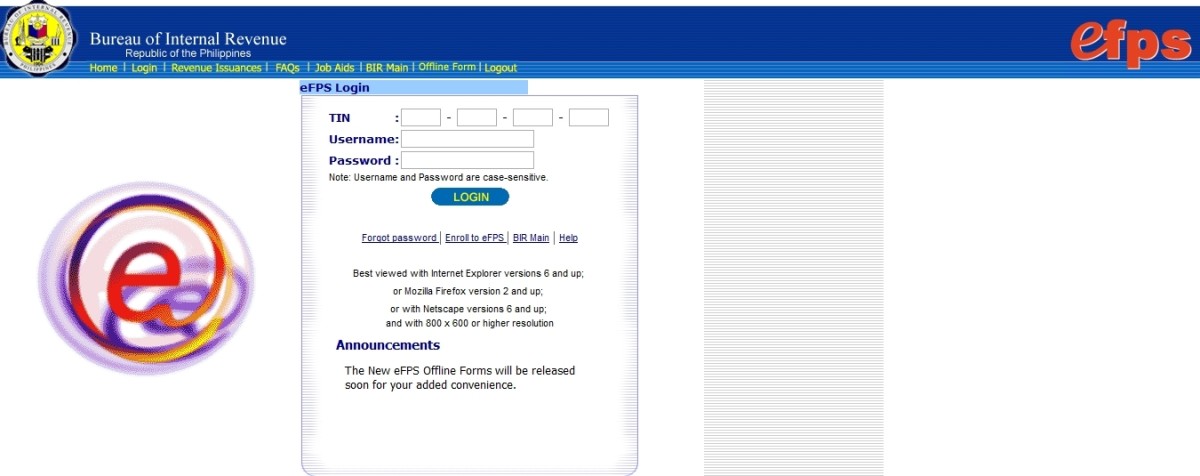How to Hire the Right Tax Preparer to Do Your Taxes and Avoid an IRS Audit
How the IRS is Regulating Tax Preparers
Questions to Ask Before You Hire an Enrolled Agents, Tax Lawyer, or Accountant
Most Americans are intimidated by the thought of doing their own taxes. The IRS says more than 60 percent of taxpayers pay a professional to prepare their returns every year, so if you’re looking to hire someone, you’re in good company. It’s important to take some care in choosing the right preparer, however. An incompetent one could at the very least cost you money by omitting tax deductions and tax credits to which you are entitled. In a worst case scenario, the actions of a bad preparer could get you audited by the IRS or even result in criminal fraud charges. This hub provides tips on how to make an educated choice.
Your first decision is to decide what kind of paid tax preparer you intend to hire. There are four basic kinds:
♦ Enrolled Agents. An enrolled agent is a tax expert authorized by the federal government to represent taxpayers in all matters before the IRS, including audits, collections, and the appeals process. Unlike attorneys and certified public accountants, they specialize in tax issues. They also receive their right to practice directly from the federal government, while lawyers and accountants are licensed by states.
♦ Accountant. Not all accountants and certified public accountants specialize in tax, so be sure to find one that does.
♦ Lawyer. Lawyers who specialize in taxes have an LLM, or a “masters” in taxation. Tax attorneys are the most expensive of the four categories and generally handle only the most complicated returns, oftentimes for partnerships and small businesses.
♦ Paid Preparer. These are the front-line employees you’ll find at places like H&R Block and Jackson Hewitt. Some may have advanced education in the tax field (and they’re almost supported by employees elsewhere in the company that do) but oftentimes they have only undergone company-provided training and have no other special expertise. This option is also the cheapest of the four.
The Vetting Process
The best way to find an enrolled agent, accountant, or lawyer is either to ask for a referral from a friend in a similar financial situation as your own, or to contact state CPA, legal, and enrolled agent associations. Low-income people also can find low-cost referrals to professionals through these organizations. Also note that in 2011, the IRS has begun regulating tax preparers for the first time. Anyone who prepares tax returns for others beginning in 2011 must have a Preparer Tax Identification Number (PTIN) from the IRS. Be sure yours does.
When evaluating tax preparers, the most important things to look for are experience and a commitment to continuing education. The tax laws are constantly changing, so you need to have a preparer who has kept up with changes Congress has made. Be sure to ask your preparer whether he or she belongs to a professional organization that requires members to pursue continuing education. You should also verify the preparers credentials with licensing agencies to see whether any complaints have been filed.
Questions to Ask
Besides the obvious question of fees, which will depend on the size and complexity of your return, tax-information published CCH recommends a number of questions to ask prospective tax preparers.
1) “Do you bill by the hour, or do you charge a flat fee?” Get payment terms in writing.
2) “What experience do you have? Do you specialize in a particular area of tax? Can you handle tax implications for financial affairs in multiple states?”
3) “What’s your professional style?” Is the preparer an aggressive sort who will push the envelope in terms of claiming deductions and credits to minimize your tax (but potentially cause problems with the IRS), or will the preparer take a more straightforward approach that will keep you out of trouble?
4) “If I get audited, will you represent me?” Be sure to ask how much experience the preparer has in handling with audits. You’re looking for some experience; “a lot” of experience could be a red flag that the preparer is an invitation for IRS problems.
5) “What do you expect from me?” Your preparer should be able to tell you clearly what type of records you’ll need to provide and how much time you’ll need to spend organizing your financial records. Ask whether they’ll need these documents electronically or not. The days of giving an accountant a shoebox full of receipts to sort through are long over. And be sure to run in the opposite direction of any preparer who doesn’t ask for documentation as they may be looking to scam you.
Finally, before you pay someone to prepare your taxes, give serious consideration to doing them yourself. About two-thirds of the country claim only the most basic deductions and credits, so taxes aren’t nearly as complicated as most people believe. You could save yourself a bundle. As an added bonus, doing your own taxes is a useful exercise because it shows you what you actually pay in taxes as opposed to having it be a vaguely understood line in your paycheck twice a month and the good news (or bad) ever year from your preparer that you’ll get a refund (or owe Uncle Sam).









